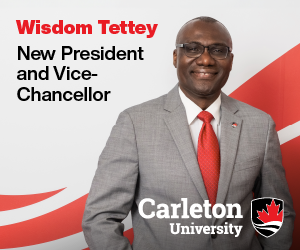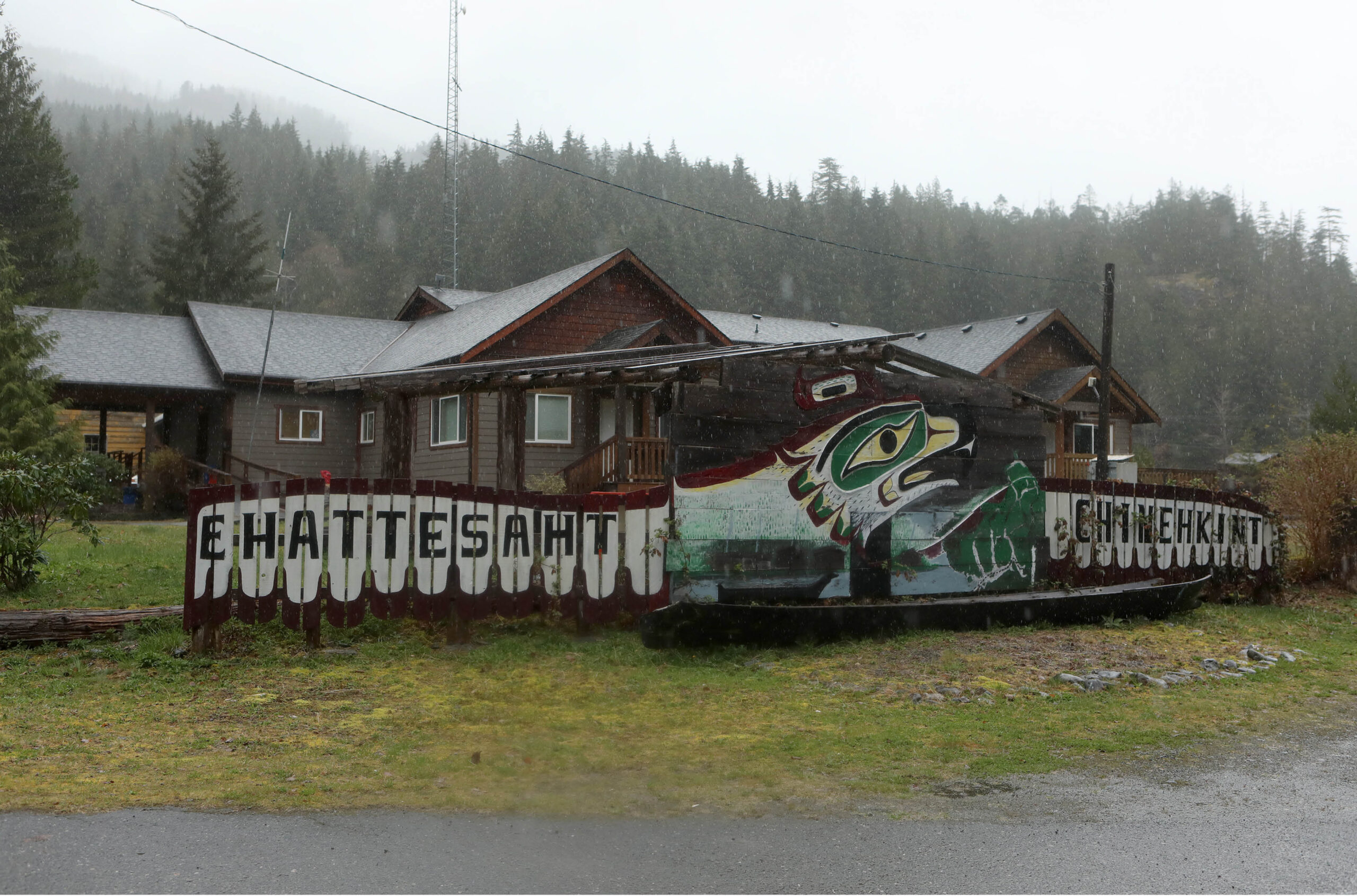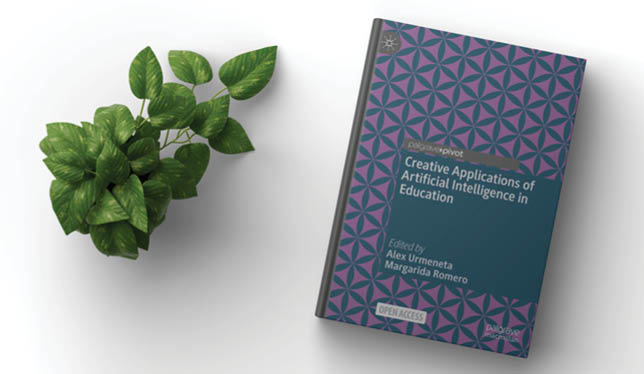No one prepares us for the trauma of coming home from fieldwork
Readying novice field researchers to cope with potential feelings of dislocation on their return should be part of their training toolkit too.

In 2014, I was a paratrooper, barely out of undergrad, wet behind the ears, and deployed with a NATO contingent in Eastern Europe on the heels of Russia’s invasion of Crimea. Scared witless, a wave of relief washed over me when we received the dates of our redeployment back home. Amid the euphoria, my company Sergeant Major warned: “know that when you get home, time did not stop for you. Your loved ones will have carried on their lives and adjusted to a new routine in your absence. By dropping back in, you are the one disrupting them, so set your expectations accordingly.” At the time, I didn’t have the maturity to grasp the gravity of those words.
Now, in 2023, I’m a doctoral candidate researching rebel groups in the Philippines. I examine how rebels socially embed themselves within communities, and how these relationships determine the processes and outcomes of their mobilization. Stifled for two years by COVID-19 travel restrictions, I jumped at the first opportunity to conduct fieldwork. After multiple trips over the last year, I returned home with the trove of data needed for my thesis. Yet, I have found myself overwhelmed by a profound longing to be back in the field. This longing led to depression and paralysis. The words of my former Company Sergeant Major come to mind: time never stops when you’re away. It doesn’t stop back home, and it doesn’t stop in the field after you leave.
As a novice field researcher, I have received ample training. Techniques of key-informant interviews, participant-observation, ethnography, and relational approaches are well-honed tools in my repertoire. Before I left, my thesis committee held long strategy meetings on selection criteria for field sites and participants, potential entry points with organizations, safety and risk mitigation for working in conflict-affected areas, and the ethical obligations of working in a high-risk environment with vulnerable populations. My committee not only held me to the standards of the institutional review boards of the university but drilled into my head that “only ethical research is good research.”
Yet, it never occurred to us to talk about what it would be like to spend an extended amount of time developing deep relationships, becoming embraced by a new community, finding a new home among new friends and adopted family, only to then leave it all behind. The sense of alienation has been further compounded by the difficulties of communicating with my loved ones back home about these profound experiences. Once again, I found myself right back in 2014 upon returning from deployment. While for my loved ones I was simply away on a work trip, I was undergoing the most transformative period of my life.
For researchers working in high-risk areas and among vulnerable populations, this sense of dislocation is amplified because the chasm of our two worlds seems too far to bridge. The reality of life in one setting feels incomprehensible to the other. From what reference point can I compare the experience of sleeping, eating, meeting with, and befriending rebels in remote mountains? To what can I anchor the feeling of passing through fortified checkpoints, or receiving daily incident reports of killings and violence in my vicinity? Back home, how do I adjust to walking into grocery stores of plenty and seeing food waste at restaurants of opulence after spending so much time with conflict-affected communities living with so little?
I grew to understand why soldiers seem addicted to deployments, despite the danger and distance from loved ones back home. “Over there”, it feels like we’re doing something that matters. It feels like our work can somehow improve the lives of the new friends and family we’ve gained. Leaving them to come home can feel like abandonment, and even betrayal. While it is important to acknowledge these feelings, it is vital to recognize that they are a conceit of our privilege. We get to leave.
We all want to be the heroes of our own stories. That’s why it feels good –even righteous — to undertake fieldwork. We feel like we are contributing to the greater good of both advancing scholarship but also making a difference in the world. That’s also why we want to regale friends and family with tales of our travels. Yet, it is important for us as field researchers to realize that the populations we work with were there before us, and they will still be there long after we’ve left. Time does not stop for anyone, anywhere. It is incumbent on us to continue to cultivate those relationships we’ve developed without compartmentalizing them upon our return. Furthermore, we must manage our own expectations for our loved ones back home without unrealistically leaning on them to cater to our emotional needs when we have been absent for theirs.
To all my fellow novice field-researchers, here’s a piece of advice I received from my army parachute instructors for when you’re ready to come home: keep your feet and knees together, brace yourselves for the hard landing; after you land, look for the fellows to the left and right of you who have been there both with you, before you, and who will come after you. Lean on each other to get through the fight ahead. To the institutions, I implore you to better prepare novice researchers to adjust not only to go to the field but to help us adapt to coming home too.
How I wish I could have another cup of coffee in the jungles of Maguindanao with my rebel friends.
Cheng Xu is a PhD candidate in the department of political science at the University of Toronto.
Featured Jobs
- Accounting - Tenured or Tenure-Track Faculty PositionUniversity of Alberta
- Electrical Engineering - Assistant Professor (Electromagnetic/Photonic Devices and Systems)Toronto Metropolitan University
- Electrical and Computer Engineering - Assistant/Associate ProfessorWestern University
- Indigenous Studies - Faculty PositionUniversité Laval
- Psychology - Assistant Professor (Social)Mount Saint Vincent University















Post a comment
University Affairs moderates all comments according to the following guidelines. If approved, comments generally appear within one business day. We may republish particularly insightful remarks in our print edition or elsewhere.
2 Comments
This is an extremely valuable article. It should be mandatory reading for all in training who plan to treat psychological trauma, because it’s clear that PTS can arise from highly-varied situations, e.g. graduate student field work, that are not obvious sources targeted for preparation and prevention. Thank you for publishing this.
Such a good article Cheng.